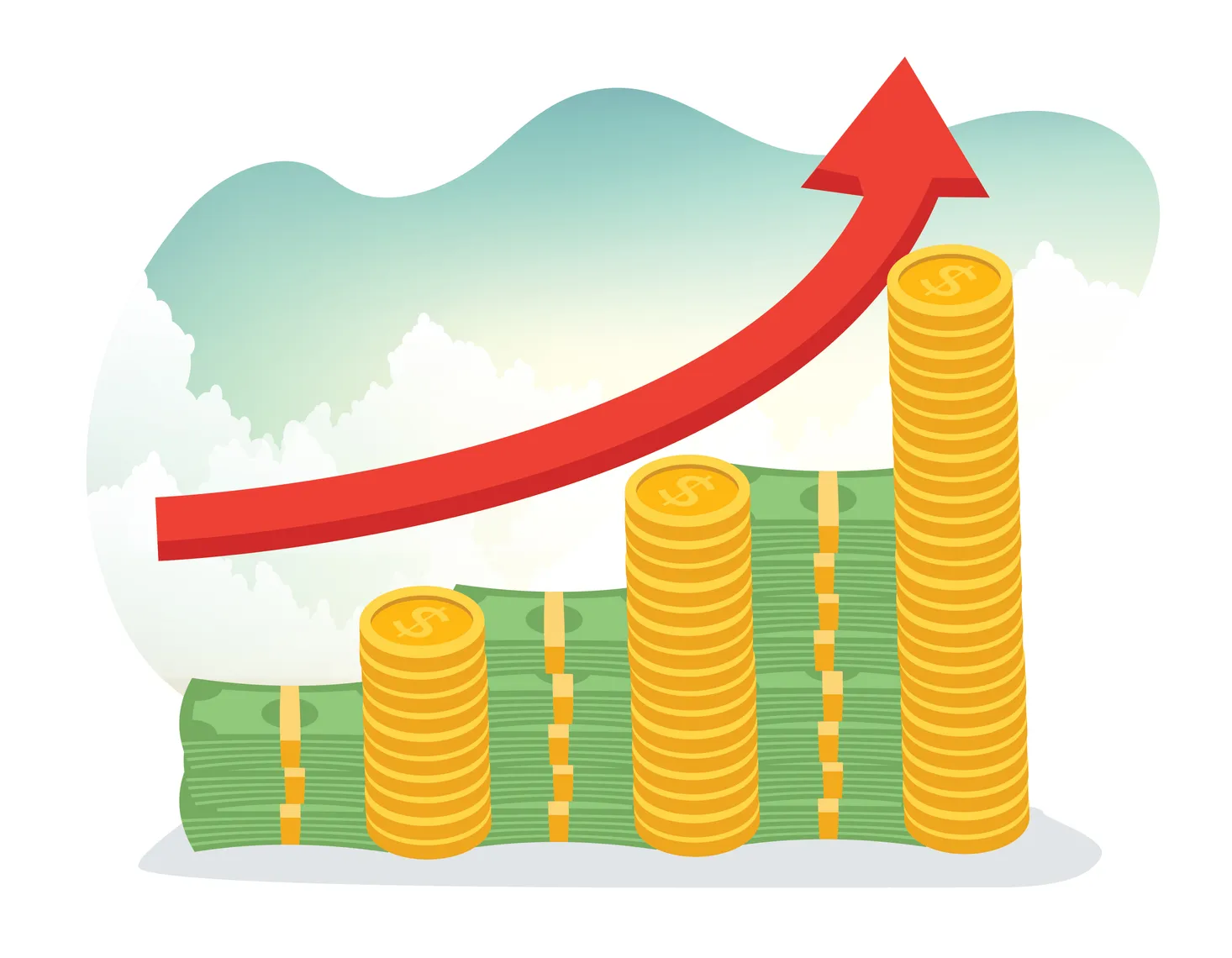What is funds management?

Funds management can be simply explained as the task of managing a pool of money on behalf of others, with the aim of maximising the amount it grows by. This leads to the alternative name of investment management, which is also often used to describe this activity.
What is a fund manager and what do they do? Fund managers run investment portfolios as funds that investors can move in and out of. They are experts in the financial market who analyse what assets to buy and sell, with the goal of increasing the value of the funds under their control.
An investor who wishes to enter a fund may have to pay an upfront fee, with a percentage of their total investment then taken as a management fee on an annual basis. The reason many investors are happy to do this is that they feel they will get a better return if they leave their money in the hands of an expert who will make the decisions for them.
Where have you heard of funds management?
For many people, their pension fund will be the investment that brings them into contact with the concept of funds management. However, any time that you invest in a fund there will be a manager, or a team of managers, looking after it.
You might never notice the name of the fund manager but their role is vital in earning money for investors by allocating their assets wisely and following a suitable long-term strategy.
A personal fund manager will usually have a CFA qualification and will probably spend time working as an investment analyst before being given their own portfolio to manage. If successful, they may eventually be given control of several funds simultaneously.
What do you need to know about funds management?
There are several types of funds that are controlled in different ways by fund managers. Below are a few examples:
-
Pension funds. These are long-term investments that are generally run in a low-risk way, to keep the possibility of losing money to a minimum. Of the top 300 global pension funds, 44% are managed in North America and 26% in Europe, as of September 2020.
-
Fixed income funds. These are also low-risk and are based on low-volatility assets such as bonds and treasury bills, which generate a return that is guaranteed in advance.
-
Equity funds. These invest in stocks, meaning that they are often more volatile than other types of funds and may need more intervention by the manager to buy and sell assets as the market fluctuates.
-
Property funds. These are based on the fund manager investing in various properties, which could be on a regional or global basis.
Each fund will come with a prospectus or fact sheet that explains the methodology used to select investments. For example, the manager may look for emerging stocks or focus on a particular geographical region. When getting the approach to funds management explained for a particular investment, it is important to understand the idea behind the fund and how it is expected to make money.
Some high-profile fund managers have gained excellent reputations for producing value in their portfolios year after year. However, most investors will be interested in the type of investment, previous results and the philosophy behind it, rather than in the identity of the fund manager.